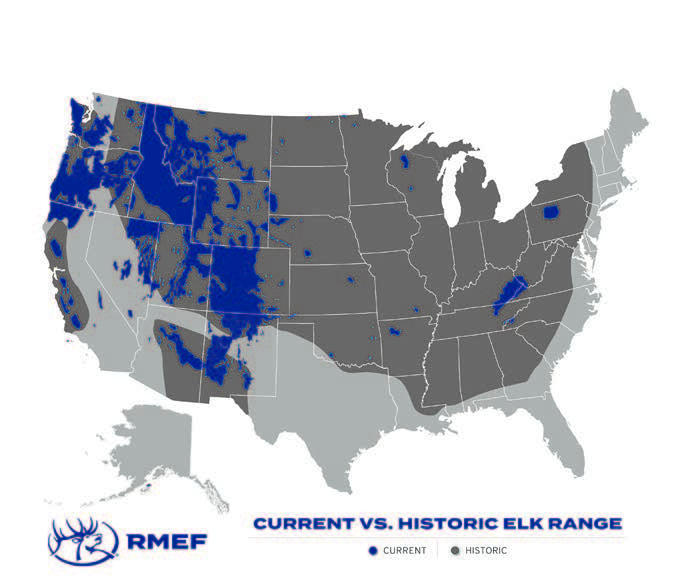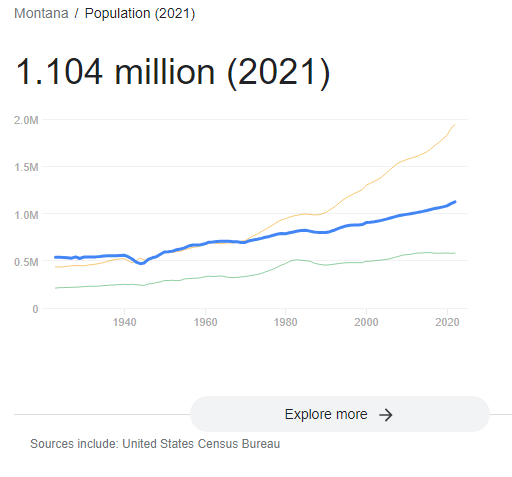Collectively the 6 intermountain west states of NM, AZ, UT, CO, NV, and MT issue 515.2k total elk licenses.
This includes only 19.2k transferable (sellable) private landowner elk tags.
New Mexico issued 36.6k (7%) of the elk tags but an astounding 13.8k (72%) of the private landowner tags. That is 10x our share of landowner elk permits. It’s almost incomprehensible. Unless you know New Mexico.
Anyone that tries argue that there are features unique to New Mexico that even remotely justify the enormous number and share of private elk tags is talking out of their rear-end. And probably working for a billionaire or centi-millionaire.
This includes only 19.2k transferable (sellable) private landowner elk tags.
New Mexico issued 36.6k (7%) of the elk tags but an astounding 13.8k (72%) of the private landowner tags. That is 10x our share of landowner elk permits. It’s almost incomprehensible. Unless you know New Mexico.
Anyone that tries argue that there are features unique to New Mexico that even remotely justify the enormous number and share of private elk tags is talking out of their rear-end. And probably working for a billionaire or centi-millionaire.






